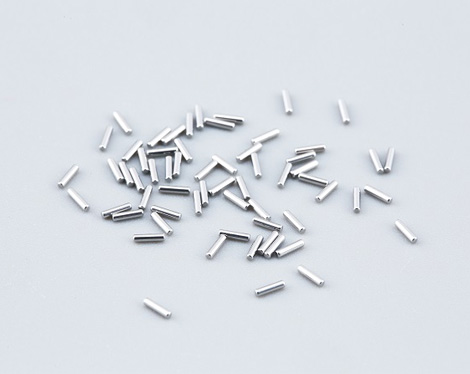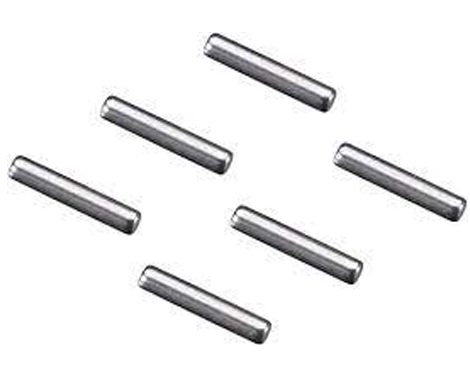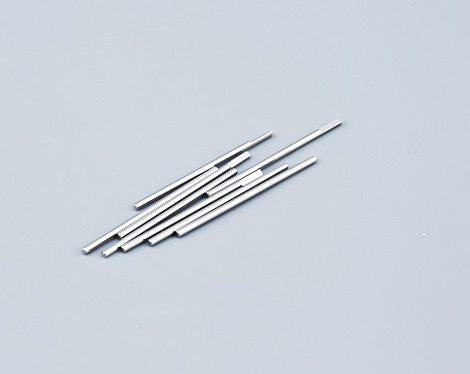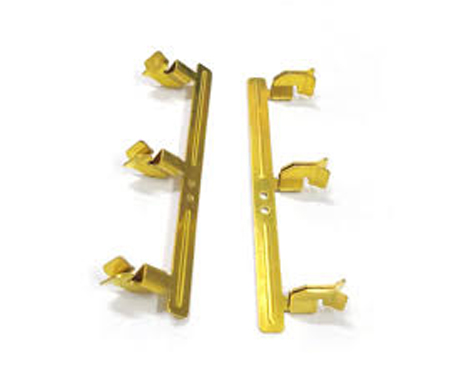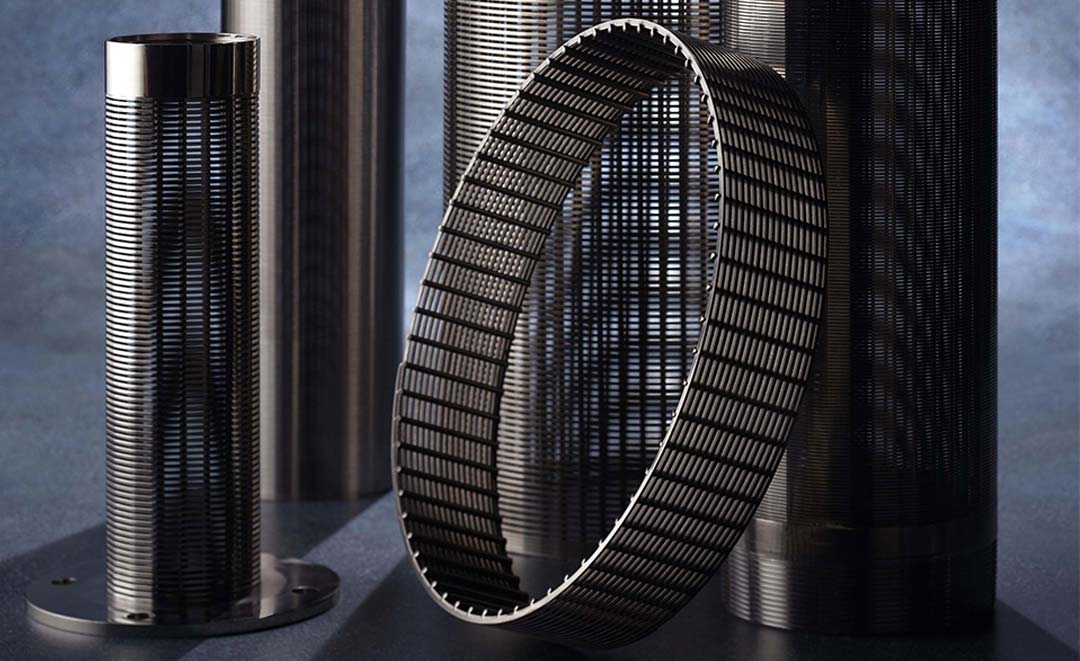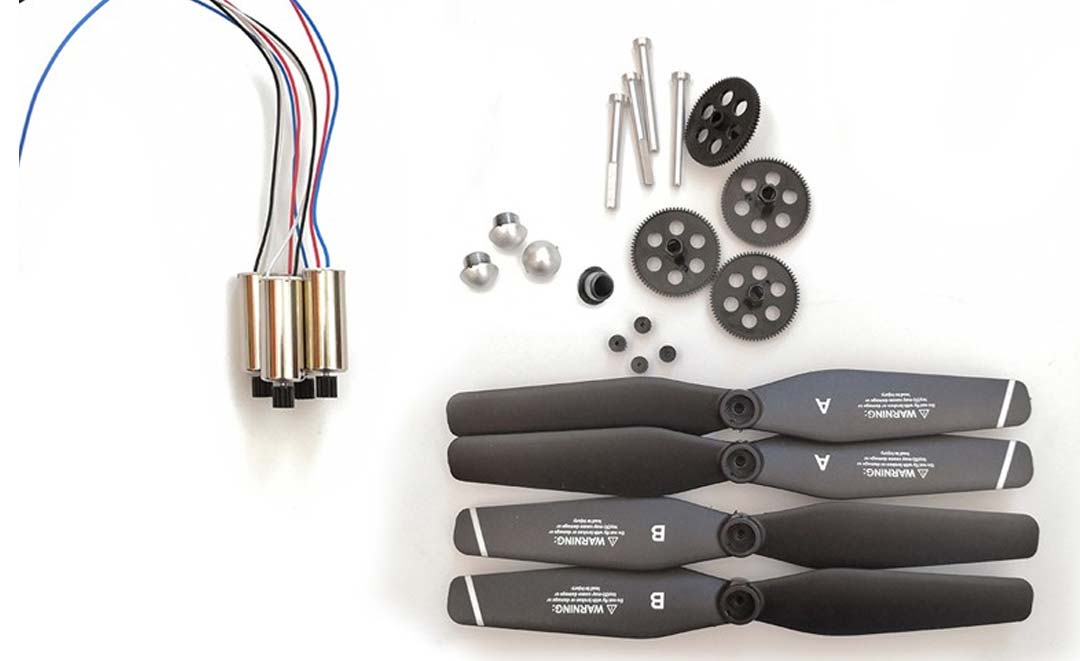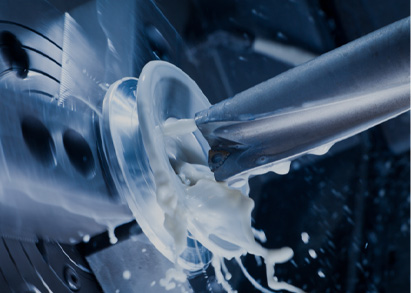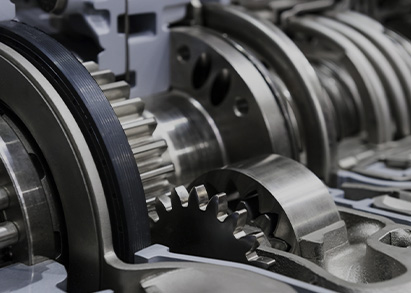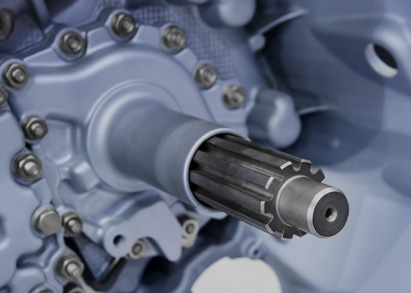Metal hardware is an integral part of mobile phone manufacturing due to its durability, sturdiness, and aesthetic appeal. The use of metals, such as aluminum, stainless steel, and titanium, is widespread in the mobile phone industry for both external and internal components. One of the most visible uses of metals in mobile phones is the external casing. The case is often made of aluminum or stainless steel, which not only provides a sturdy and sleek appearance but also enhances the phone's overall heat dissipation capacity. The metal casing protects the phone from impact and abrasion, keeping it safe from external damage, and reducing the risk of internal damage to the device.
Apart from the casing, several other metal components are present inside the mobile phone. The motherboard, which is the most crucial component of the device, is usually made of titanium, an ideal metal for this purpose due to its strength and lightweight properties. The metal frame offers extra support to the motherboard, which contains the processor, memory, and other essential parts to ensure the phone operates smoothly. Another metal component of a mobile phone is the antenna. The antenna is usually made of stainless steel coated with plastic or paint to protect it from environmental effects such as moisture, dust, or corrosion. The antenna enables the phone to connect to mobile networks and Wi-fi, providing users with seamless connectivity. The use of metals in the antenna ensures that the quality of the signal is maintained, allowing for uninterrupted service.
Moreover, metal hardware is used to create the buttons, volume rockers, and power switches of mobile phones. These metallic components provide a tactile response and enhance the phone's overall user experience. Manufacturers often use polycarbonate, aluminum, or stainless steel for creating these essential parts, as they are durable and long-lasting. The camera module is another key component of mobile phones, and metals play a vital role in its manufacturing. The camera's outer casing, protective cover, and the lens holder are made using metals such as aluminum, titanium alloys, and stainless steel. The use of metals ensures that the camera lens is protected from scratches or any other form of damage, maintaining the camera's image quality.
In addition to functionality and aesthetics, the choice of metal hardware affects the phone's environmental footprint. The use of metals such as aluminum, titanium, and stainless steel helps to reduce the amount of plastic waste generated during phone manufacturing. It also extends the lifespan of the phone, reducing the need for constant replacement and creating less electronic waste in the long run. In conclusion, the mobile phone industry heavily relies on metal hardware for both external and internal components. The use of metal hardware in mobile phones provides enhanced durability, sturdiness, and aesthetic appeal. The use of metals such as aluminum, stainless steel, and titanium is not only essential to the functionality and aesthetics of mobile phones but also helps to minimize electronic waste and protect the environment. As such, metal hardware will continue to play a significant role in the mobile phone industry.
We have 60 sets of dedicated cutting machines and 80 sets of super high precision centerless grinding machines. We also have automatic process grinders, sphere ball grinders, external cylindrical grinders, and end-surface grinders. We are already working with the most professional metal hardware products and solutions for more than 100 domestic and overseas customers, including Samsung, LG, Emerson, Nidec, Xiaomi and so on. Atlas metal constantly improves the production process and strives to become the world's highest quality micro shafts manufacturer.
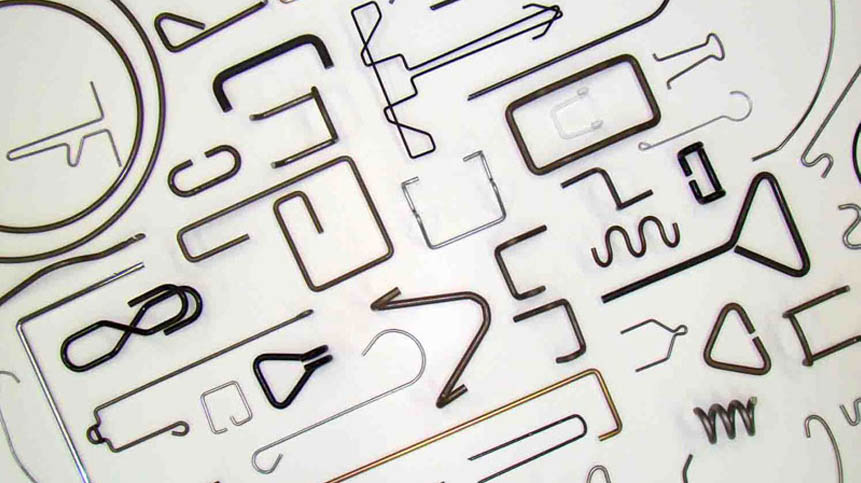

 English
English 